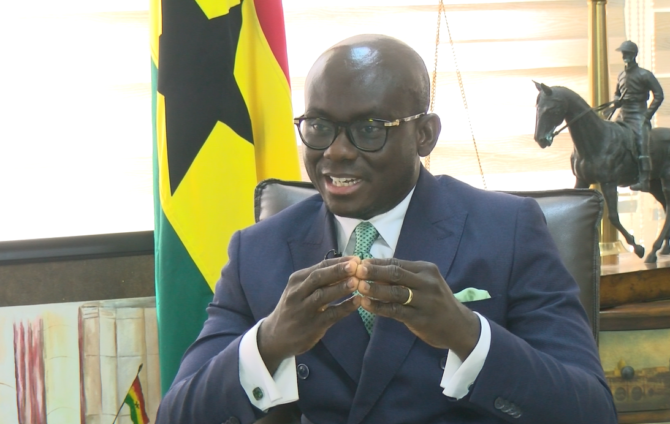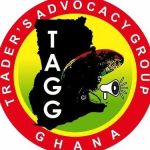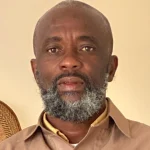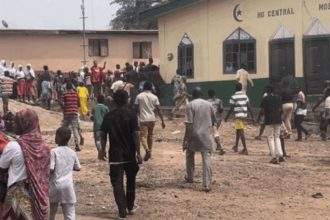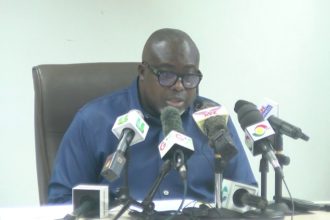The Attorney General and Minister for Justice, Godfred Yeboah Dame, yesterday hosted renowned lawyer and writer, Prof. Nana S.K.B Asante on various issues bothering on international negotiations, agreements and arbitrations, and how it is affecting the global economy.
The session, which was part of the three-day maiden Public Sector Lawyers Conference taking place at the Kempinski Hotel in Accra, saw the former International Arbitrator take the participants through real-life international negotiations and arbitrations, and their impacts on the parties involved.
The three-day conference will set out to strengthen collaboration among lawyers representing the Government of Ghana, and to keep them abreast on matters that foster the mechanism of the government towards ensuring effective legal coordination in the public sector.
The conference brings under one roof, lawyers from all the ministries and agencies in the public sector of Ghana.
Prof. Asante told the gathering that the conduct of international negotiations and effective implementation of international agreements are now essential ingredients of the management of the economy of a developing country.
He called for establishment of appropriate mechanisms to ensure the highest professionalism in negotiating and concluding international business transactions and in eliminating the incidence of corruption in this regard.
“The acquisition of bargaining skills and other technical expertise would be ineffectual in ensuring viable and profitable projects unless the negotiation and implementation process were characterised by the highest integrity in safeguarding the national interest,” he stated.
Prof. Asante pointed out that the attainment of political independence in Africa and elsewhere did not mean insulation from the international economic system as it has rather highlighted the hard fact of international economic interdependence.
“The efficacy and viability of many development strategies, development plans, industrial and agricultural projects, structural adjustment, international financial and commercial arrangements, are all contingent on effective, competent and honest negotiations,” he said.
He also touched on what he described as deleterious effects of defective international transactions, which has resulted in the phenomenon of judgement debts which has become a matter of public concern.
“Few countries appreciate the highly technical and sophisticated nature of the negotiating process and the need to invest resources in training negotiators or in planning carefully for negotiators. Some countries may acknowledge such a need, but exhibit a marked complacency as to the availability of such expertise,” Prof. Asante observed.
He further pointed out that past experiences show that a lot more can be done in many developing countries to prepare adequately for negotiations with respect to capital intensive and complex projects.
“More particularly, in many developing countries, especially those with comparatively limited experience and expertise in this area, insufficient attention has been paid to the selection of projects and determination of their scope and objectives from the viewpoint of the country’s overall development goals,” he stated.
Prof. Asante again suggested that Africa should overtime acquire the necessary expertise, skills and resources to play a meaningful role in its natural resources sector and reap the full benefits of our natural resource endowment.
“We cannot accept the status quo and complain about foreign control of our natural resources,” he added.


